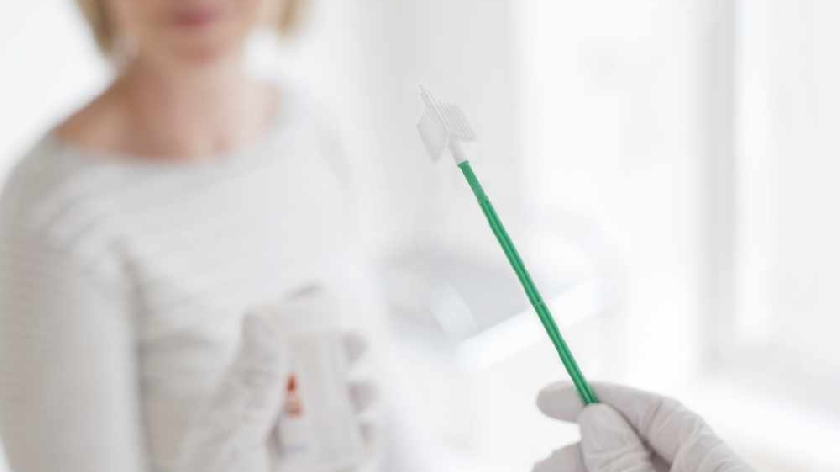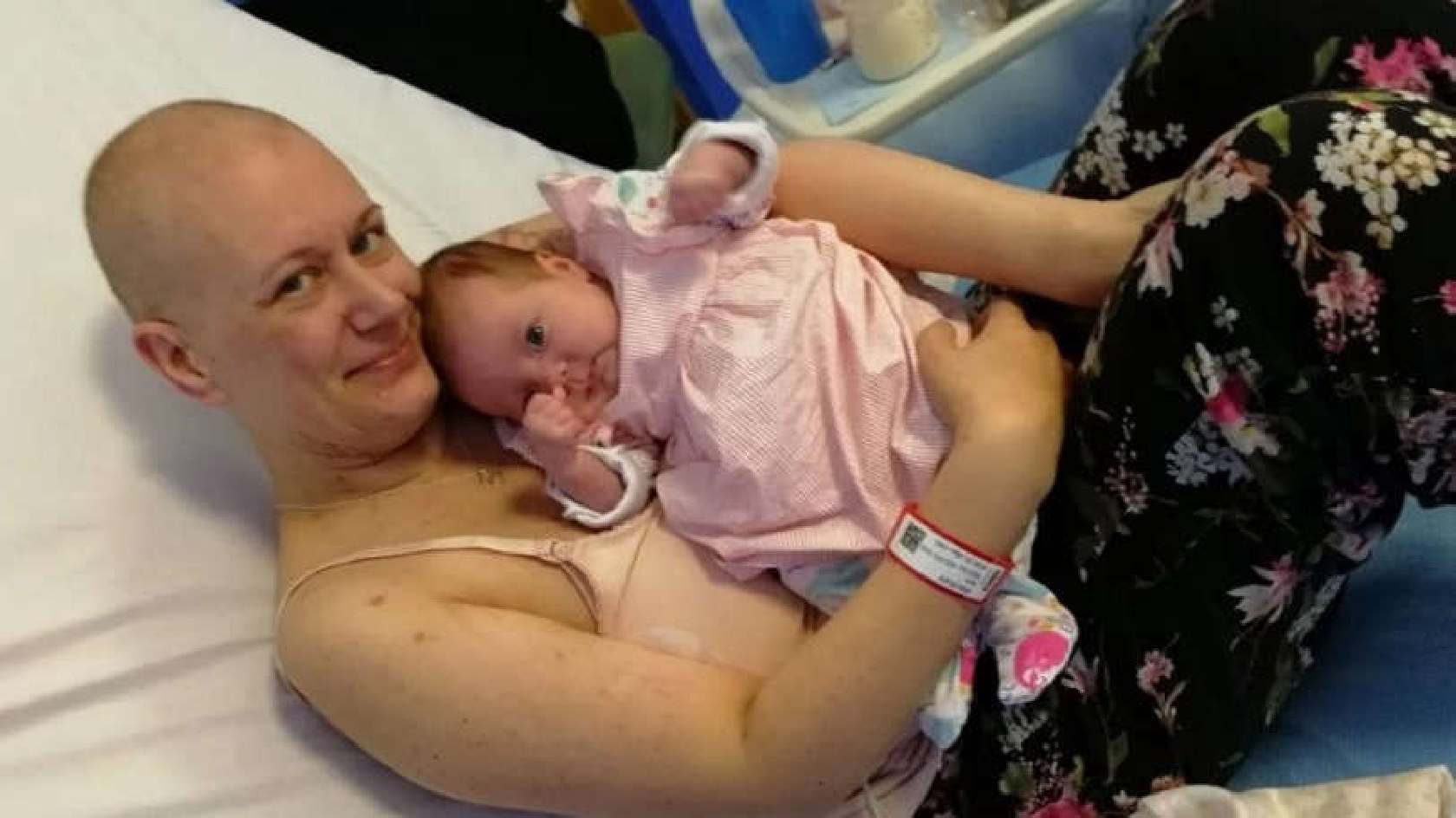
Cervical cancer is one of the most common cancers in women under the age of 35, it is also one of the most preventable cancers.
Bedfordshire, Luton and Milton Keynes Integrated Care Board (BLMK ICB) is highlighting the benefits of cervical screening during Cervical Cancer Prevention Week (22-28 January) and reminding people that cervical screening can help to detect cancer at an early stage, making it much easier to treat.
Screening helps prevent cervical cancer by checking for a virus called high-risk HPV which causes nearly all cervical cancers. This is the best way to find out who is at higher risk of developing the cervical cell changes which, over time, could lead to cervical cancer. Any cervical cell changes can be treated, preventing cervical cancer.
Women and people with a cervix aged 25-64 are eligible for screening. Those registered as female with their GP practice are invited for routine screening every three years if they are aged 25-49 and every five years if they are aged 50-64. Those registered as male will need to request an appointment from their GP or a local sexual health clinic.
Symptoms of cervical cancer include:
- vaginal bleeding that's unusual for you – including bleeding during or after sex, between your periods or after the menopause, or having heavier periods than usual;
- changes to your vaginal discharge;
- pain during sex;
- pain in your lower back, between your hip bones (pelvis), or in your lower tummy.
It has been estimated that in England, cervical screening prevents 70% of cervical cancer deaths and that if everyone attended screening regularly, 83% of cervical cancer deaths could be prevented.
Dr Sarah Whiteman, a local GP and chief medical director at Bedfordshire, Luton and Milton Keynes Integrated Care Board, said:
“Cervical screening is one of the best ways to protect yourself from cervical cancer. Cervical cancer can develop at any age and is important to attend your screening when you receive an invitation.
“Regular cervical screening is the first line of defence against cervical cancer. It can identify cancer cells at an early stage and improve a woman’s chances of a complete recovery.
“By screening for risk at an early stage, any abnormal cells can be treated quickly before they potentially develop into cancer. So, please do accept your invite for cervical screening when you get it – it could save your life.
“We also recommend that all young people receive the HPV vaccine in or around Year 8. It’s usually offered as part of the school-based immunisation programme, and can help protect your child and their future partner.”
For more information on cervical screening, visit the NHS website www.nhs.uk/conditions/cervical-screening or Jo’s Trust www.jostrust.org.uk.















